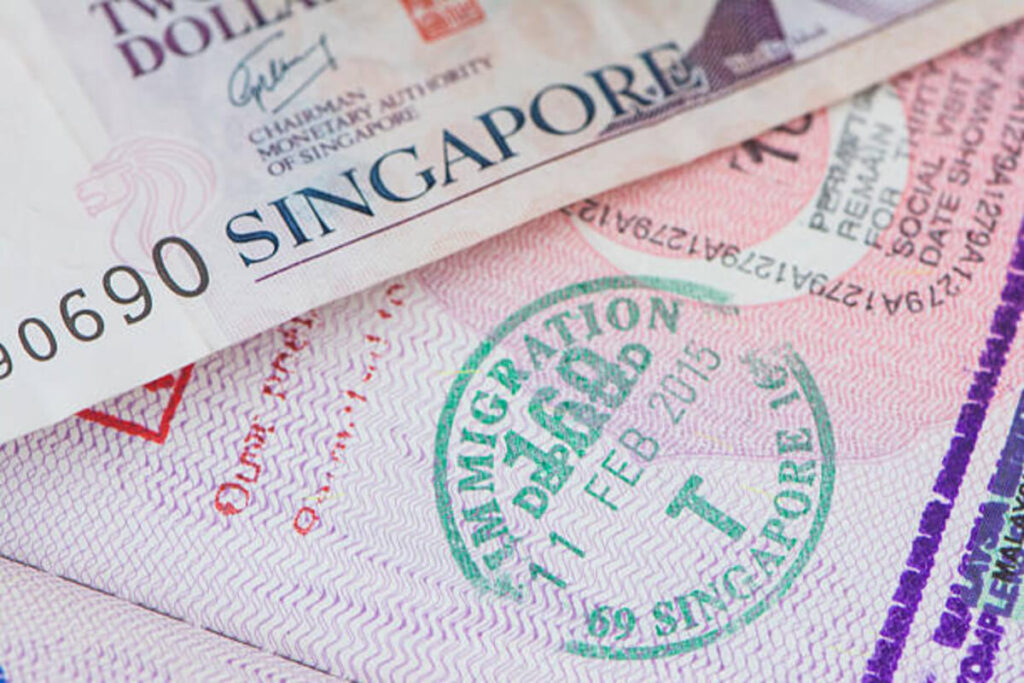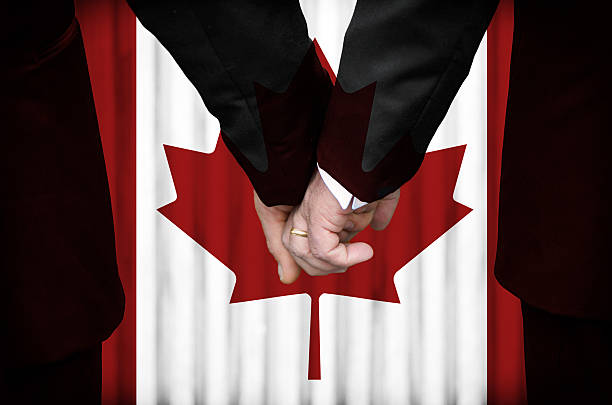Many people dream about starting a new life in another country, but the excitement often hides the true price of making such a big move. It’s easy to plan for flights and rent, but many other expenses catch people off guard. From visa fees and insurance to deposits, shipping, and emergency costs, these unexpected bills can drain your savings if you’re not prepared.
Advertisement
Understanding the hidden costs of moving abroad and how to budget smart can help you avoid financial stress. This guide breaks down those overlooked expenses and gives you simple, practical steps to plan your money wisely.
Moving Abroad Isn’t Cheap
Moving to a new country is exciting, but it’s not always cheap. Many people focus only on flight tickets and rent, but they forget about the hidden expenses that pile up fast. These surprise costs can ruin your plans if you don’t prepare early. From legal fees to setting up a new home, every step costs money.

The good news is that you can avoid stress and overspending by knowing what to expect. This guide will help you spot these hidden costs and give you smart ways to budget, so your move stays affordable and stress-free from the start.
- Briefly set the stage: Moving abroad sounds exciting, but it comes with costs people don’t expect.
- Promise what the article will deliver: a full breakdown of hidden costs and simple ways to plan and budget smartly.
Read: Top-Rated Immigration Apps and Tools That Actually Work
Visa and Immigration Costs
Getting the right visa often comes with fees that vary by country and visa type. You may also need to pay for health checks, criminal background reports, translations, or notarised documents. Some people hire agents or lawyers to help with the process, which adds more costs. These fees can total hundreds or even thousands of dollars, depending on the country.
You should always check your destination’s official immigration website for up-to-date costs and requirements. Planning for these expenses early helps you avoid delays or rejections that could cost even more. Always add a buffer to cover any surprise fees.
- Application fees
- Legal or agent fees
- Health checks or background checks
- Translation and document notarization
- Tip: Always check official government sources. Fees can change quickly.
Shipping and Luggage Expenses
Moving your personal belongings across countries costs more than people expect. Shipping furniture, clothes, or appliances through international movers can be expensive. Customs fees and import taxes might apply, especially if you’re bringing in high-value items. If your items arrive before you do, you may need to pay storage fees.
Airlines also charge for extra luggage or overweight bags, which adds up quickly. It’s smart to compare quotes from different moving services. In many cases, it might be cheaper to sell your items and buy new ones abroad. Don’t forget to include these shipping costs in your moving budget.
- Cost of shipping household items
- Customs or import taxes
- Storage fees if belongings arrive before you do
- Tip: Compare international moving companies and get quotes in advance.
Temporary Housing and Deposits
When you arrive, you may not move into a permanent home right away. You might stay in a hotel, Airbnb, or short-term rental while looking for a place to live. These temporary options usually cost more per night than regular rent. Once you find a long-term home, landlords often ask for deposits sometimes two or three months of rent upfront.
If you’re renting in a competitive market, you may need to act fast, which can lead to overspending. Always plan for at least two months of temporary housing and deposits to stay on track and avoid financial stress.
- Short-term rentals before finding permanent housing
- Security deposits (often 2-3 months’ rent upfront)
- Hotel stays, Airbnb charges, and cleaning fees
- Tip: Budget at least 2 months of accommodation costs just in case.
Healthcare Costs
Health coverage is different in every country. You may not be eligible for public healthcare right away, so you’ll need to buy private insurance. Without it, you could pay out-of-pocket for doctor visits, prescriptions, or emergencies. These costs can be high, especially if something unexpected happens.

Some countries also require proof of health insurance before granting a visa. You should research healthcare systems before moving and choose a trusted international insurance plan. Make sure it covers what you need, including emergency care, dental, and pre-existing conditions. Don’t skip this step staying healthy abroad starts with smart planning.
- Private health insurance (especially if you’re not yet eligible for public healthcare)
- Out-of-pocket medical expenses
- Emergency care before your insurance starts
- Tip: Buy international insurance before leaving. Compare providers.
Read: From Rejection to Approval: How One Mistake Almost Cost a Visa
Schooling and Childcare (If You Have Kids)
If you’re moving with kids, school and childcare costs add up quickly. International schools often charge high tuition, along with extra fees for books, uniforms, and registration. Public schools may be free, but language barriers or limited spots can be a problem. In many countries, preschool or daycare isn’t subsidised and costs more than expected.
You might also need private tutoring or language classes to help your child adjust. Start by contacting schools before your move to understand costs and availability. Planning ahead ensures your child has a smooth start while keeping your budget under control.
- International school tuition
- Registration and supply fees
- Language support classes or tutoring
- Tip: Research and contact schools before arriving to avoid surprises.
New Lifestyle Setup Costs
Starting life in a new country means buying all the basics again from kitchen supplies to bedding to internet service. Many rentals don’t come furnished, so you may need to buy furniture or appliances. Getting a SIM card, setting up utilities, and signing contracts often come with activation or installation fees.
Local transport passes, buying a bike, or a car is another early cost. These setup expenses can take a big bite out of your savings if you don’t plan for them. It’s smart to set aside a setup fund to cover these early lifestyle adjustments comfortably.
- Buying furniture, electronics, and household basics
- SIM card, internet, and utilities setup
- Transport passes or vehicle purchase
- Tip: Budget for a full “setup month.” Track spending carefully.
Currency Exchange and Banking Fees
When you exchange money or transfer funds between countries, banks often charge high fees and poor exchange rates. Using your home-country debit card abroad can result in ATM fees, foreign transaction charges, and currency conversion losses. These small fees add up fast. It’s better to open a local bank account soon after arrival.
Also, use digital money transfer services like Wise or Revolut to move money at better rates. Planning your finances around these services helps avoid unnecessary charges. Always review the fee structure of your bank and any apps you use before making international transactions.
- Currency conversion charges
- ATM withdrawal fees
- International bank transfer fees
- Tip: Open a local bank account fast. Use online money transfer services like Wise or Revolut.
Tax Obligations in Two Countries
Living abroad doesn’t always free you from taxes back home. You may still need to file tax returns in your home country, especially if you’re earning money or own property there. At the same time, your new country may expect you to pay local taxes. Double taxation can happen if you’re not careful.
Some countries have tax treaties to prevent this, but not all. The smartest move is to speak with a tax advisor who understands international rules. Proper planning avoids fines, missed payments, or trouble with tax authorities. Taxes are complex don’t wait until the deadline hits.
- You might still owe taxes back home
- You might owe taxes in your new country too
- Tip: Speak with an international tax advisor before moving.
Emergency and Safety Net Fund
Unexpected situations happen job loss, medical issues, or a family emergency back home. If you don’t have savings, these surprises can throw your plans off course. Flights on short notice are expensive. Hospitals may not treat you without upfront payment. That’s why it’s essential to save an emergency fund before you move.
Experts recommend 3–6 months of living expenses. Keep it in a separate, easily accessible account. This fund gives you peace of mind and flexibility. You never want to feel trapped in a crisis because you didn’t plan ahead. A safety net makes all the difference abroad.
- Unexpected travel back home (family emergency)
- Job loss buffer or medical emergency
- Tip: Save at least 3-6 months’ living expenses before moving.
Smart Budgeting Tips That Work
Budgeting is the key to a stress-free move. Start by listing all possible expenses not just rent and travel, but hidden costs like deposits, insurance, and setup fees. Track your spending during the first few months. Use tools like YNAB, Mint, or a simple spreadsheet. Look for ways to save, such as second-hand furniture, shared housing, or public transportation.

Set spending limits for each category and stick to them. Always include a buffer for unexpected expenses. Budgeting doesn’t mean living cheap it means staying in control. With a smart plan, your money lasts longer, and your move runs smoother.
- Create a one-time “moving abroad” budget with all the hidden costs
- Track your spending for the first 3 months
- Use budgeting apps (YNAB, Mint, or an Excel sheet)
- Cut expenses where possible: public transport, shared housing, second-hand furniture
Read: How to Talk to Employers About Visa Sponsorship—Without Fear”
Moving abroad is exciting, but it comes with hidden costs that many people overlook. From visa fees and shipping expenses to healthcare, deposits, and emergency funds, these expenses can quickly add up.
Planning ahead and creating a smart budget helps you stay in control and avoid financial stress. This guide explains the hidden costs of moving abroad and how to budget smart with clear, simple steps.


